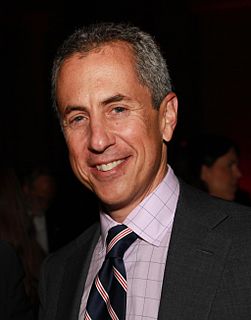A Quote by Seth Godin
The unhappy theory of business ethics is this: you have a fiduciary responsibility to maximize profit. Period. To do anything other than that is to cheat your investors. And in a competitive world, you don't have much wiggle room here.
Related Quotes
Using the phrase business ethics might imply that the ethical rules and expectations are somehow different in business than in other contexts. There really is no such thing as business ethics. There is just ethics and the challenge for people in business and every other walk in life to acknowledge and live up to basic moral principles like honesty, respect, responsibility, fairness and caring.
Invest in low-turnover, passively managed index funds... and stay away from profit-driven investment management organizations... The mutual fund industry is a colossal failure... resulting from its systematic exploitation of individual investors... as funds extract enormous sums from investors in exchange for providing a shocking disservice... Excessive management fees take their toll, and manager profits dominate fiduciary responsibility.
No matter how many rich people call New York their home, we don't really have enough capital here to build and maintain the infrastructure that a population needs to live. We don't have the federal money, and for-profit investors are just not interested in anything other than making the biggest profit they can.
I try to build on our management philosophy. I try to understand what the threats and opportunities are for us. Uh, I try to make sure that we're driving innovation and creative destruction hard enough so we're not blindsided, and that our attitude is to, in starting any initiative, any business, is to focus on how we can create value for others, rather than how we maximize profit, because you can make money focusing on, "How do I maximize profit?"
The question is, when so many others cut corners, shave the truth, self-deal, believe in the fast buck, and follow the crowd along the low road of least resistance, can we even afford to travel the high road of ethical behavior? Frankly, we can't afford anything else. Any other competitive angle is a pure crapshoot in today's business world. Companies with shaky ethics and shabby standards will be crippled as they try to compete in our changing world.
This game has taken a lot of guys over the years who would have had to work in factories and gas stations and made them prominent people. I only had a high school education, and believe me, I had to cheat to get that. There isn't a college in the world that would have me and yet in this business you can walk into a room with millionaires, doctors, professional people and get more attention than they get. I don't know any other business where you can do that.





































